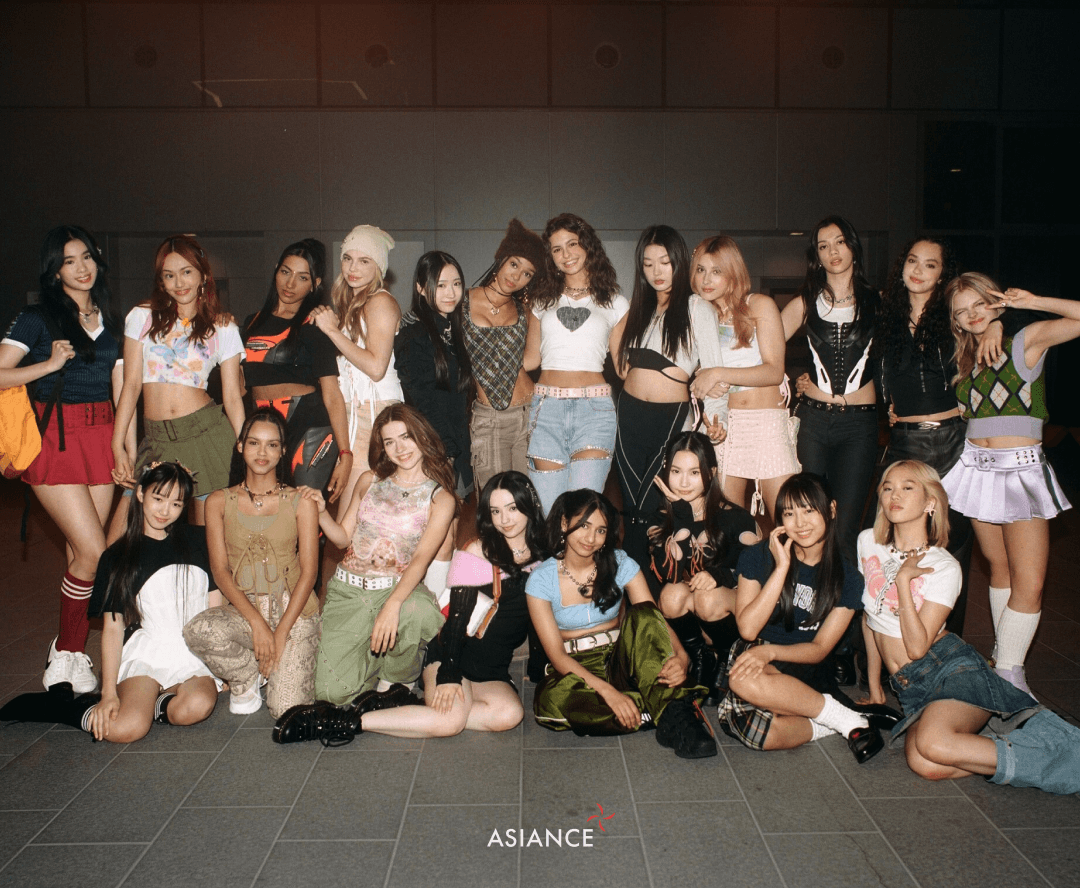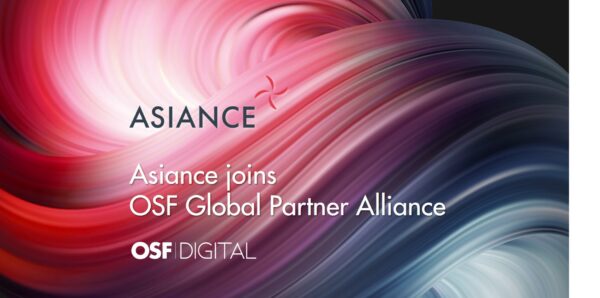Today’s success of K-pop in the world is undeniable. K-pop groups are selling out stadium tours throughout the world and their new releases make it to the Billboard Hot 100 or 200 charts almost every time. Used as assets for branding and PPL strategies in marketing, K-pop Idols’ faces are on every billboard, and every street corner.
The expansion of K-pop globally has been a tendency for over a decade now, and scholars such as John Lie even mention that K-pop is a genre “intimately intertwined with the export imperative” (Lie 2015). However, an acceleration of the phenomenon can be seen with the introduction of foreign members in K-pop groups by the beginning of the 3rd wave of K-pop (2013~2019). Blackpink, a 4-member group by YG Entertainment is one great example of the beginning of the globalization of K-pop. Three out of the four members can speak a foreign language and most importantly, two of their members are not Korean nationals. At the same time as Blackpink released their first single, other groups with foreign members also debuted.
A critical factor of K-pop’s global expansion is the emphasis placed on digital marketing and social media. K-pop has successfully established itself as a one-of-a-kind genre that gathers thousands of fans simultaneously. The K-pop model is known to rely on high engagement between the fans and the artists through different channels: lives, dedicated social media applications (e.g. Weverse), offline and online fan meetings, etc. Furthermore, the development of streaming services expanded the area of success for this genre. Arnaud Meersseman, AEG Presents France CEO, in an interview with News Tank Culture, affirms that the music scene has evolved into a global market.
“With the rise of streaming platforms, the playing field has become global.”
Arnaud Meersseman, AEG Presents France CEO
For almost 20 years, K-pop integrated foreign elements into its model and used digital media to nurture its success. However, while a Fifth generation of K-pop idols is in process, it seems that K-pop makers are pushing its internationalization a step further with the creation of global groups and anchored partnerships with major labels from the US.
Collaborations with established US Labels and settlement strategies
Music Recording Companies in South Korea understood the potential of the overseas market and took initiatives to expand their influence perennially. Precisely, collaborations between South Korean entertainment agencies and established US labels have played a pivotal role in expanding K-pop’s presence on the global stage. One noteworthy instance is the strategic global partnership extension between Republic Records, a subsidiary of Universal Music Group (UMG), and South Korea’s JYP Entertainment. This agreement, announced on June 1, 2023, aims to foster the growth of K-pop on the international scene. It encompasses various aspects of the music industry, such as the worldwide distribution of JYP Entertainment’s artists and catalog, artist and repertoire (A&R) services, marketing, and business development. Similarly, Hybe, another powerhouse of music in South Korea established a partnership with the label Geffen Records. Interestingly, both labels are subsidiaries of the giant Universal Music Group. It demonstrates the company’s bet on K-pop while other industry leaders (Sony Music and Warner Music) remain less active in this new market.
The role of overseas marketing initiatives cannot be overstated when analyzing the export of K-pop. Indeed, K-pop artists are increasingly making appearances on US TV shows, participating in international tours and festivals, and collaborating with foreign artists to reach new audiences. For example, BTS’s member, Jimin made his solo debut on “The Tonight Show Starring Jimmy Fallon,” creating a buzz among fans and viewers alike. Additionally, headlining festivals like Lollapalooza have become a hallmark for K-pop groups, with acts such as J-Hope, New Jeans, TXT, and Stray Kids taking center stage, further broadening the genre’s international reach. Moreover, K-pop’s ability to connect with new audiences is evident through its collaborations with foreign artists and the release of full English songs. Iconic partnerships like Blackpink’s collaboration with Selena Gomez and TXT’s debut of “Back for More” featuring Anitta have enabled K-pop to penetrate a more diverse music radio scene and captivate a wider audience. BTS, the global sensation, attained remarkable success during the pandemic by releasing full English songs like Dynamite, Butter, and Permission to Dance, solidifying their status as worldwide music icons. These collaborations and strategic moves exemplify how K-pop continues to transcend borders and captivate audiences worldwide.
One step further: Incorporating the Korean model into global groups
K-pop continues to fascinate audiences and its particular model stands out. Bang Si Hyuk, chairman of Hybe, in that respect, talks about a true “methodology of K-pop”. Precisely, one interesting trend that emerged recently is survival shows that have the goal of creating a ‘global K-pop group’. This initiative seems like evidence of this “methodology of K-pop” applied overseas. Instead of incorporating foreign elements into a Korean product to export it, Korean companies have started to implement the Korean model to foreign talents. The two cases explored here are JYP’s survival show ‘A2K’ and Hybe’s ‘Dream Academy’. These enterprises were made possible by the deep partnerships established between Korean companies and US labels. Specifically, the companies have decided to enhance their collaborations, focusing on creating unique artist discovery and development techniques. These methods, paired with their extensive music production resources, will allow them to introduce a completely new music group.
The overarching objective is clear: to debut a new girl group that “transcends the boundaries of nation, culture, and artistry” (Murtagh-Hopkins 2023), a feat unexplored in US music history. Hybe x Geffen’s program has been crafted to bring K-pop training programs to the US. As a result, aspiring talents have been trained in Los Angeles, California, before heading to South Korea for the rest of their journey. In the same manner, JYP x Republic Record has auditioned aspiring talented girls. The lucky winners would then follow a training program where they can learn singing, dancing, and public appearances. This strategic model also places great emphasis on interactive engagement with fans through dedicated social media platforms. The process allows an intimate understanding of contestants, identifying their strengths, areas in need of development, and untapped talents. As such, this survival model has a double benefit as it allows project managers to evaluate trainees’ fan reception and also create anticipation for future groups on the side of the public.
Despite the similarities between these two programs, the two Korean music powerhouses are taking different approaches. While A2K nurtures “normal” girls and drives their transformation, the Dream Academy program stands out with its commitment to fully trained talents, showcasing their prowess from the outset. This paradigm shift exemplifies the evolution of K-pop into a global phenomenon, cementing its influence in the music industry. While over time, the US music industry and its audience have favored artists that have an inborn talent, the move towards the K-pop methodology unveils a shift in mindsets. The K-pop industry has been criticized for the ‘manufacture’ of artists, as it highlights training and hard work rather than natural talent. However, with this new generation of so-called ‘global K-pop groups’ it seems that the standards in the music industry are progressively evolving.
Concluding thoughts
To sum up, K-pop’s global success continues to evolve, moving beyond mere collaborations and towards full integration of foreign elements into the industry. Initiatives like A2K and the Dream Academy exemplify this transformation, offering a glimpse into the future of K-pop as a truly global cultural phenomenon. As the industry continues to evolve, its ability to seamlessly blend cultural elements from around the world with the K-pop model will be a key driver of its ongoing global success. As global leaders in the music industry increasingly seize the potential of K-pop, a multitude of opportunities are to be born.
“We recognize the incredible opportunity to be at the forefront of the next K-pop explosion. The potential is limitless.”
Monte Lipman, Republic Records CEO












